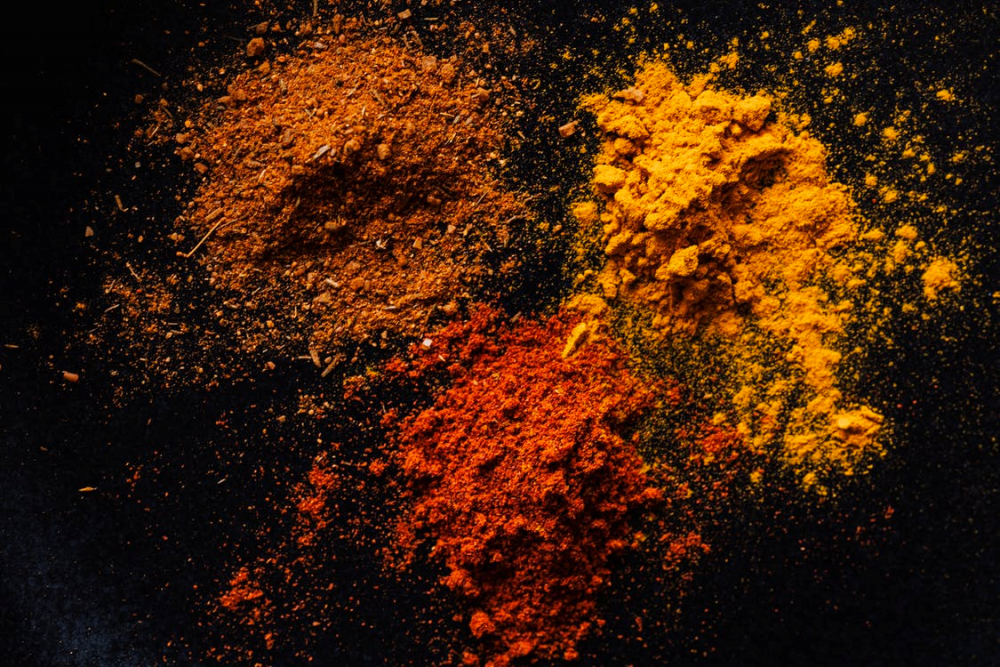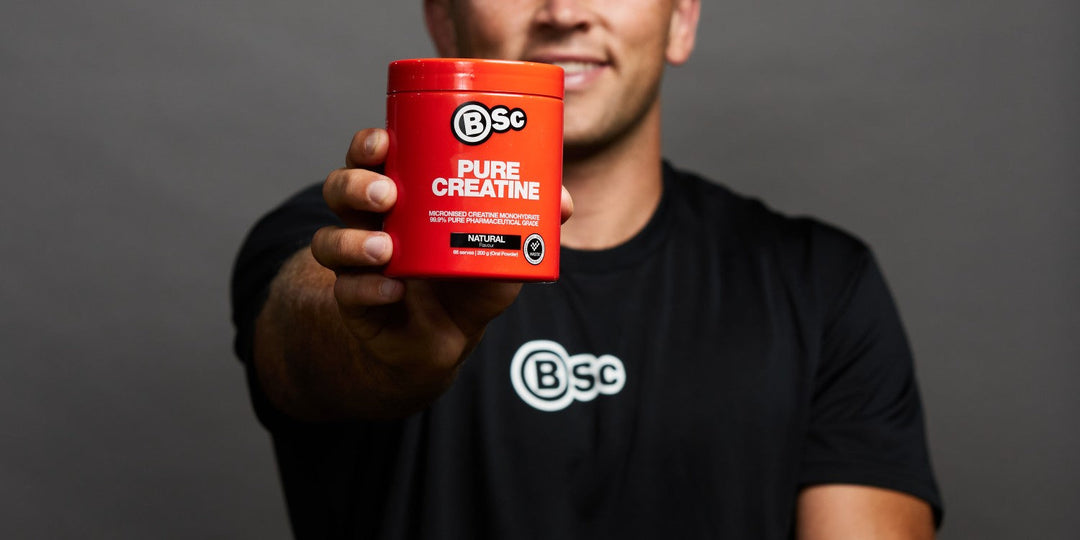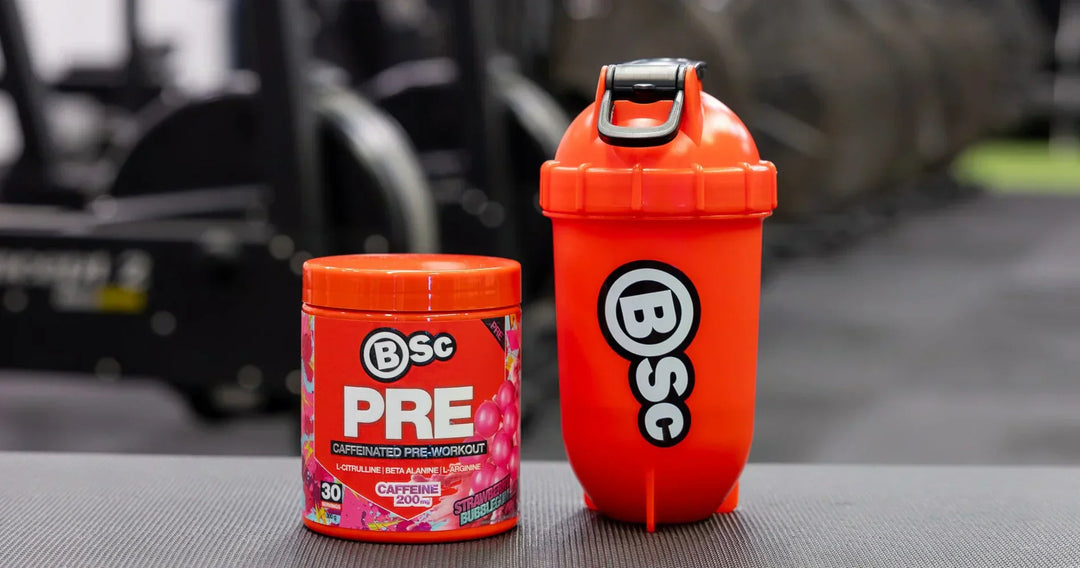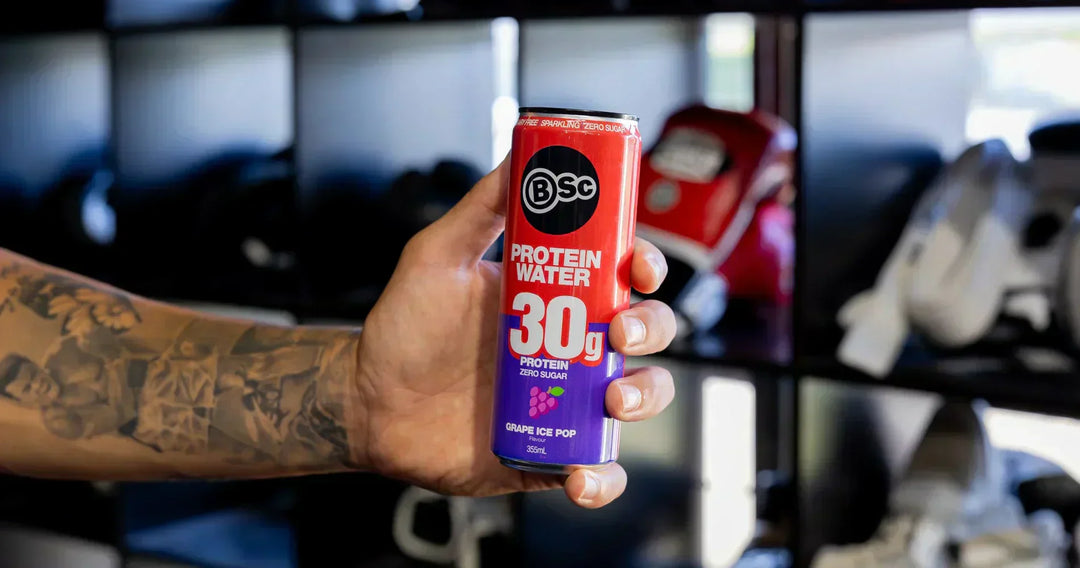
The Truth On Whether Vegan Protein Powder Causes Acne
Keeping our bodies healthy and adequately fuelled can be challenging. This task is made especially difficult if you’re vegan or have particular dietary restrictions. Health professionals have long warned that those following a vegan diet may struggle to consume enough protein, a nutrient that is essential for our bodies to function properly. Luckily, a vegan protein powder can help you reach your daily protein intake. When taken in addition to a nutrient-rich and balanced diet, vegan protein powders can offer a great boost. You may have heard whispers about protein powders and breakouts — so is it true? Can vegan protein powder cause acne? The short answer is no. In this guide, we debunk the rumour that plant-based protein powders cause breakouts.
Whey Protein Powder vs. Vegan Protein Powder
Whey protein has been on the market for quite some time, so when you think of protein powder, it’s likely that whey varieties come to mind. Whey is a dairy-based protein. During the cheese-making process, whey is separated from casein and the other components in milk through filtration, and is then converted into powder form. Whey is a complete protein, meaning it contains all nine essential amino acids your body cannot produce on its own.
Vegan protein powders are plant-based and do not contain any dairy or animal by-products. Popular plant proteins include hemp, pea, and brown rice. Vegan protein powders have become more accessible in recent years; as we shift toward eating and living more sustainably, demand for vegan products is only increasing. Plant-based protein powders are also a welcomed alternative for people who want to add a bit more protein into their diet but suffer from lactose intolerance or dairy allergies.
You may want to consider switching from whey protein to a vegan protein powder if you’re suffering from acne — and here’s why.
Does Whey Protein Powder Cause Acne?
While current research does not confirm a cause-and-effect relationship between whey protein and acne, there is a significant link between the two. Many experts believe that whey protein may have a part to play in breakouts.
Milk and dairy products, including whey protein, increase the production of a hormone called insulin-like growth factor 1, or IGF-1 for short. IGF-1 raises androgen levels in the body. Androgens are the group of hormones that are responsible for reproductive development. An increase in androgen levels can lead to an increase in sebum, which is the oily substance produced by the sebaceous glands found on almost every surface of the skin. This oily substance can cause clogged pores and acne. It’s also well-known that dairy products can trigger gut inflammation, and high levels of inflammation can cause breakouts.
This isn’t to say whey protein will cause skin problems in everyone. Everyone’s skin varies and will react differently. So, if your skin seems to tolerate it well, you can continue enjoying your whey protein smoothies. However, if you’re experiencing acne and think whey protein may be part of the problem, it might be a good idea to opt for a vegan protein powder instead.
Can Vegan Protein Powder Cause Acne?
You’re probably wondering: do vegan protein powders cause acne too? Nope. It’s highly unlikely.
Unlike whey protein, vegan protein powders do not stimulate the hormones that increase oil production in our skin. Plant proteins are also easier for our bodies to digest and break down, meaning they won’t trigger gut inflammation in the same way that dairy protein powders do.
So you can safely forget what you heard on the rumour-mill — there’s no reported correlation between vegan protein powders and acne.
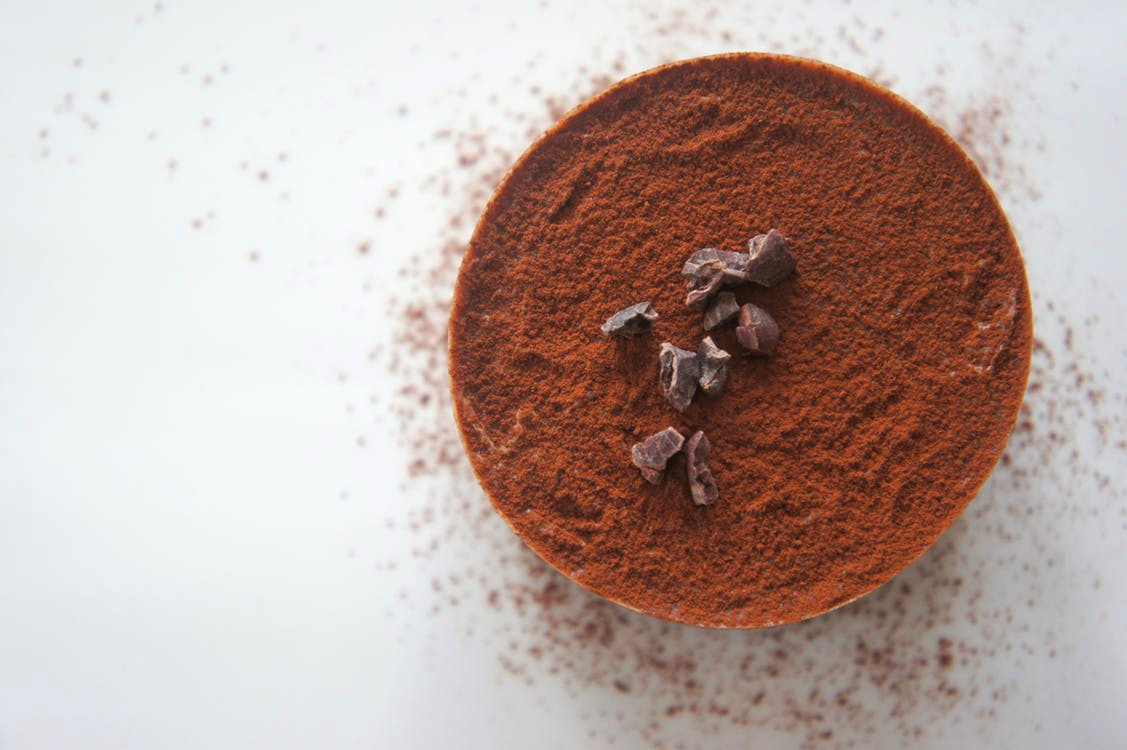
What To Look For In A Vegan Protein Powder
There are two key things to consider when choosing a plant-based protein powder.
Is It A Complete Protein?
First things first — remember, your protein powder needs to be complete to be most effective. Unlike whey protein which is a complete protein, most plant-based proteins are incomplete or do not contain adequate levels of each amino acid. For example, pea protein is technically complete because it contains all amino acids, however, they are not present at equal levels. Brown rice protein is missing one of the nine amino acids altogether.
This is why most vegan protein powders come in the form of a blend. A blended formula incorporates multiple plant proteins to ensure all nine amino acids are present at equal levels and your body is receiving all the nutrients it requires. Our BSc Vegan Collagen Protein combines 10 high-quality protein sources, including pea and brown rice proteins, for this very reason.
Avoid Unnecessary Ingredients
Vegan protein powders are generally a more natural and healthier protein option, but you’ll still need to take care when selecting your vegan protein powder.
It’s important to make sure your plant-based protein is as ‘clean’ as possible, meaning it’s not clogged up with:
- Artificial sweeteners
- Sugars
- Additives (flavours and colourings)
- Vitamins or minerals
- Gluten
- Soy
- Caffeine
Generally, a long-winded ingredient list full of words you can’t pronounce is a red flag. Opt for blends that contain only a few plant proteins and digestive enzymes.
The Benefits Of Vegan Protein Powders
A number of benefits come with opting for a vegan protein powder instead of a dairy-based blend. Vegan protein powders are:
- A good way to get your protein in – vegan protein powders are great if you’re struggling to hit your daily protein target or just want an extra boost every now and then. Remember, a vegan protein shake is not designed to replace a meal or be relied upon as your sole protein source. If consumed, it must be in addition to a well-rounded diet.
- Better for your skin – as we now know, whey protein may trigger acne in some people. Plant proteins don’t share the same oil-stimulating properties, so your skin is unlikely to suffer as a result of your protein shake.
- Better for your gut – vegan protein powders are more easily digested than dairy-based products. If your stomach and lactose simply don’t get along, a plant-based blend allows you to get your protein in without the abdominal discomfort.
- Better for the environment – animal agriculture is the second biggest contributor to human-made greenhouse gas emissions behind fossil fuels. By opting for a plant-based protein blend, you’re doing your bit to live more sustainably and reduce our reliance on animal agriculture.
- Better for animals – when you choose a vegan protein blend rather than one that is made from animal by-products, you’re helping to create a world that is kinder to animals.
-
The Drawbacks Of Vegan Protein Powders
Vegan protein powders have very few drawbacks, but keep these things in mind:
- Choose a complete protein – you’ll need to make sure the vegan protein contains all of the amino acids your body needs, so look for formulas that blend multiple plant proteins together.
- Taste and texture – some vegan protein powders can have a grittier texture and blander taste than non-vegan varieties. That’s why we’ve taken extra care to ensure our Clean Protein Blend has an ultra-smooth mouthfeel and comes in a variety of delicious flavours that are naturally sweetened, containing no sugars or artificial flavours.
The Bottom Line
There is no evidence to support a causal or casual link between vegan protein powders and acne. Whey protein, on the other hand, is derived from dairy and has been linked to acne. Plant-based protein powders are a great option if you’re vegan, allergic to dairy, lactose intolerant, or if you’re looking for a more sustainable protein alternative. Explore our vegan protein blends.
For a deep-dive into all things whey and vegan protein powders, visit our dedicated article.
